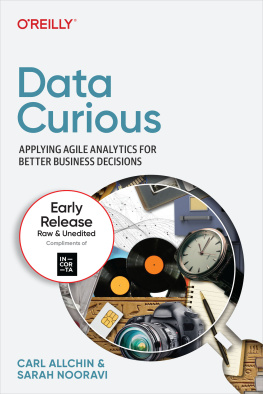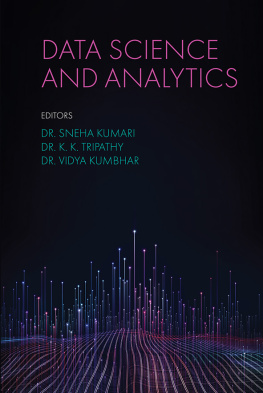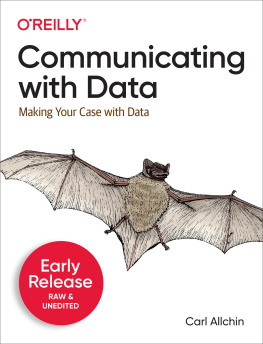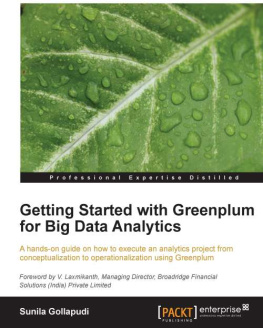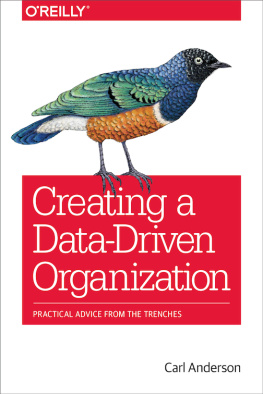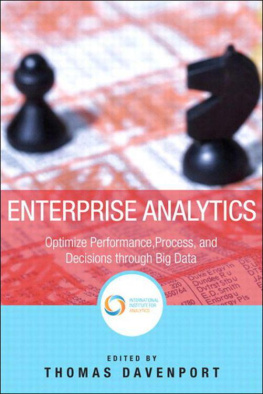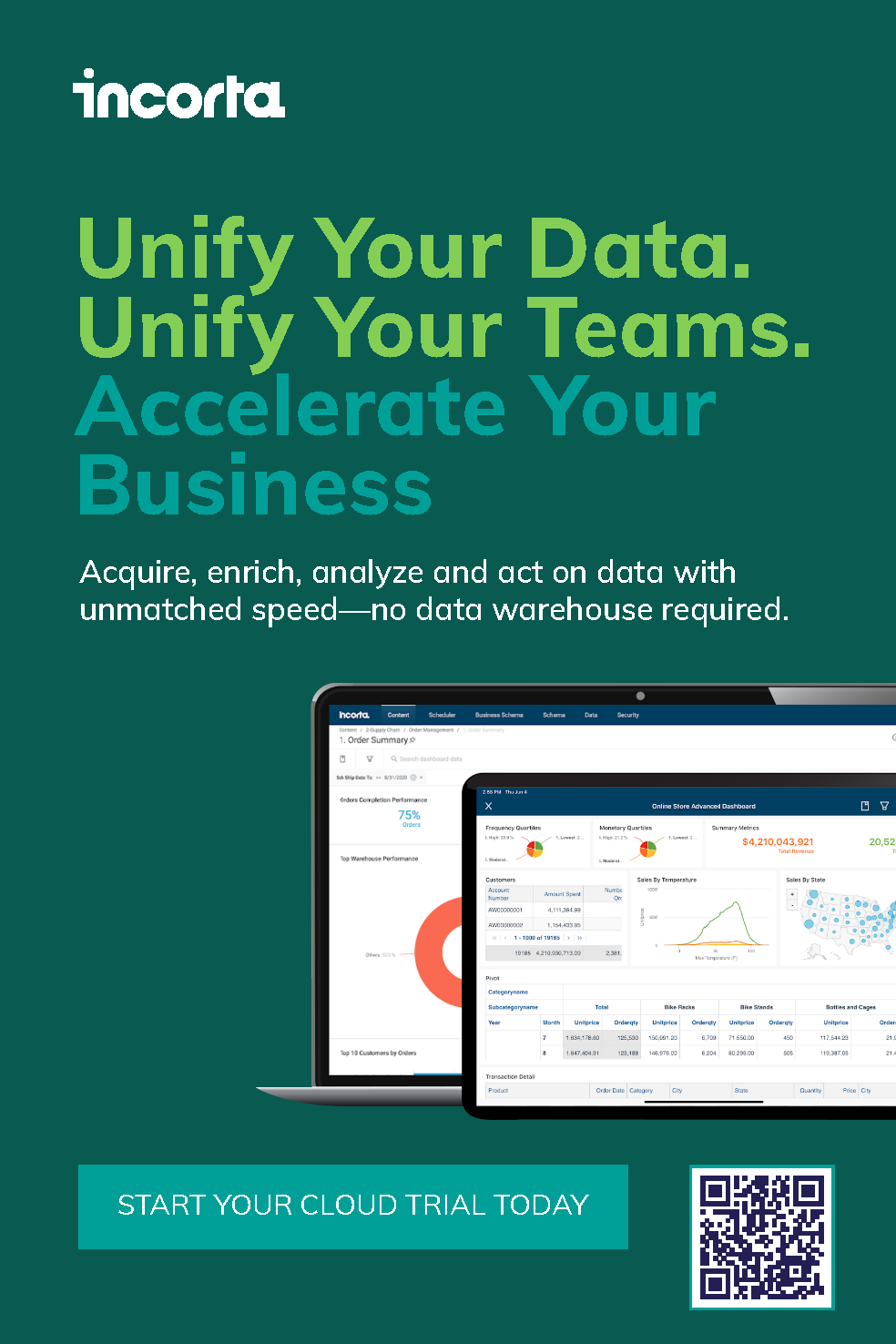Chapter 1. The Emerging Data Challenge and Opportunity
A Note for Early Release Readers
With Early Release ebooks, you get books in their earliest formthe authors raw and unedited content as they writeso you can take advantage of these technologies long before the official release of these titles.
This will be the 1st chapter of the final book.
If you have comments about how we might improve the content and/or examples in this book, or if you notice missing material within this chapter, please reach out to the author at gobrien@oreilly.com.
In 2006 Clive Humby declared Data is the new oil The traditional retailer flourished due to the use of data analytics through customers receiving personalised coupons to spend in store. dunnhumby had shown the power of data so when Humby spoke those immortal words, youd have been wise to listen and the same is still true today.
The pressure for you to make value from your data didnt just come from Humby. Conference talks, business publication covers, or management literature may have brought other trends to your attention. Big data, the Internet of Things (IoT), Machine Learning (ML), and Artificial Intelligence (AI) are all terms that might keep you up at night. The development of terminology about data solutions seems to be increasing at a pace that is only matched by the speed of technological development powering it.
If you have reached for this book because you feel behind the curve, you match the majority of stakeholders I talk to every day. Everyone seems to fear that their competitors are ahead of them in terms of collecting and utilising their data. If you are already utilising data, you may fear your competitors are using data in a more advanced way that could lure your data gurus away. After all, every tech geek wants to work on the latest challenges using the most advanced technology.
There are many valid reasons why you are feeling the pressure to up your organisations data capabilities but I will let you into a secret dont believe everything you hear. Not every competitor has gained full control of their data and empowered each individual in their organisation to use this capability. Some might be further ahead in their journey with refining their data resource but their journey will likely be far from complete.
A study by Accenture showed how far organisations have to go in their journey to making the most of their data. This is not likely to be the same picture you had in your head when reaching for this book as you are seeing data being increasingly used but that doesnt mean there isnt further opportunity to harness data. This book will show why data is an asset that you can use to support each decision in your organisation and how validating your decisions with data will prevent choosing direction based on incorrect assumptions. The value of being right more of the time is enormous.
This book will introduce you to the key terminology, concepts, and challenges you will encounter when developing a data culture in your organisation. To lead the variety of changes required, you need to be able to ask the right questions of many individuals. This chapter will introduce you to the challenges of working with data, why those challenges exist and how to navigate data projects successfully.
Rapidly Evolving Challenges
Managing change is a given in a modern organisation. You are unlikely to have reached your position in your organisation without being able to deliver projects in an ever-changing environment. Developing your organisations data capabilities will also require change management of people and processes. Since Humby proclaimed the value of data in 2006, the speed of technical development in data processing, analysis and regulation has meant change isnt just delivered once but is a flood of constantly evolving capabilities.
Data can become an asset that can create revenue and opportunity to develop your company. Propositions and products powered by data can be created from these capabilities to allow organisations to develop new revenue streams or deeper relationships with their customers. A data product uses data to form the basis of an application or item that wouldnt be possible without the use of data. A data proposition doesnt create a tangible product but allows for a new or enhanced service because of the use of data.
The products and services themselves become their own set of challenges to keep up to date and best in class as technological development allows for new capabilities that are faster, better or cheaper than what you originally built your propositions with.
The Growth in Data Volume and Velocity
The last few decades have seen a dramatic change for those working with data and it would be foolish to expect any slowdown in this level of change, especially in technology. Trying to keep up with the overall market is virtually impossible and is one reason why most data specialists focus on just a handful of tools. The data specialists responsible for working from the end-to-end lifecycle of data in an organisation will likely have one tool to support extraction of data from its source, one tool for storage and one tool for analysis of the stored data. The need for these advancements is like any technological development; as soon as a solution is created, that solution is used to develop the field youre operating in even further. Most technical developments create new challenges to solve as yesterdays solutions become todays problems as each solution rarely delivers a comprehensive solution meaning more development is required.

